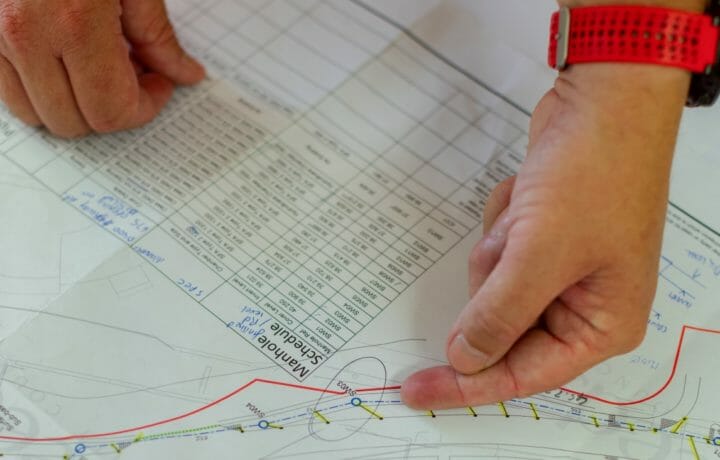A decade ago, the idea of telework wasn’t even a consideration for many people, especially workers in the federal government. Presence was seen as a key aspect of employment and productivity, for supervisors as well as employees themselves.
Significant technological advancements and even recent steps forward in the adoption of cloud technology have thrown open the doors to telework opportunities, however, perhaps more so in the government than in other sectors. The Telework Enhancement Act of 2010, signed into law in December of 2010, requires federal agencies to establish policies allowing employees to telework to the greatest extent possible, as long as it doesn’t diminish agency operations or employee performance.
While such sweeping legislation might seem to imply that legions of federal employees would be abandoning their cubicles for their home office, it’s not quite that simple. Agency-wide surveys were recently conducted on telework eligibility, and despite the requirement, several federal agencies – including the departments of Justice and Housing and Urban Development – refused to participate.
So there’s far from a warm fuzzy concerning embracing telework.
Those working for private companies may be fairing slightly better, but not necessarily. Outside of tech zones such as Silicon Valley, telework isn’t exactly epidemic. This week the Telework Exchange, a public-private partnership organized to promote the cost-savings and other benefits of telework, is organizing its second-annual telework week, a week to garner pledges from federal employees to telework. This year they’ve obtained 67,000 pledges to telework and tout an estimated $5,347,980 in cost savings from those pledges. Telework Exchange cites both environmental and cost savings benefits. For those in the D.C. area, in particular, eliminating a lengthy commute and the need for expensive office space can pose a significant cost savings.
Beyond the cost savings for employees and employers, telework as a benefit is an increasingly powerful hiring incentive for a number of employees. Baby boomers are entering retirement and the federal government is preparing for older employees to exit, paving the way for younger workers. While studies conflict concerning just how important telework is to the millennial generation, one demographic tendency is clear – flexibility on the job, be it in the form of time, or work location, is coveted.
Telework, while still in adoption stages across many agencies, has the potential to dramatically shift the government idea of business. Unlike the private sector where the bottom line is always on the table, the government has not always had to deal with the pressure to perform in order to stay afloat. But with budget realities leaving almost every organization facing significant cuts, the focus on productivity, versus presence, might be a powerful motivating factor to support telework initiatives.
The U.S. Patent and Trademark Office has been presented as a telework success story for years. As of August 2011, 3,300 Patent employees were teleworking, with an estimated $19.8 million savings in real estate cost for the organization. For teleworking employees, specific productivity measures and deliverables are established – it’s up to employees to meet those expectations, rather than sit in a cubicle in Washington, D.C. from 9-5 to prove they’re productive.
For security-cleared professionals, the argument might be made access to classified information would make telework activities non-existent. But the reality is a small percentage of cleared professionals spend every day in a SCIF. Across many defense organizations Common-Access-Cards (CAC) and portable card readers offer the opportunity to access sensitive, if not classified, data, even while away.
There are still certainly hurdles and obstacles for many, but growing participation in events such as Telework Week, a growing push to enforce the requirements of the Telework Act, and the bottom-up demands of new employees entering the workforce will likely spell new opportunities for telework in offices across the government and private sector.
Are you able to telework? Do you consider it a vital benefit?
Lindy Kyzer is the editor of ClearanceJobs.com. She loves cybersecurity, social media, and the U.S. military. She teleworks full time and wouldn’t have it any other way. Have a conference, tip, or story idea to share? Email editor@clearancejobs.com.




